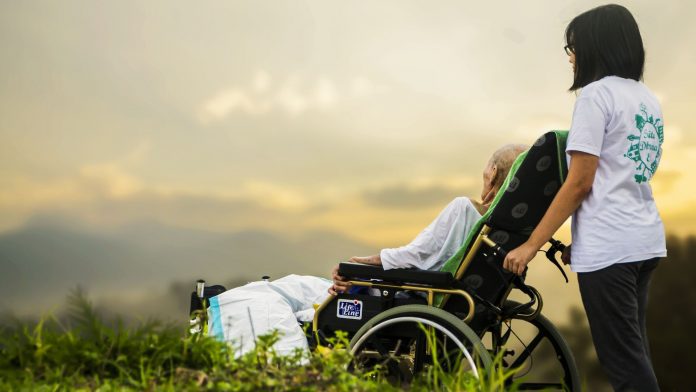
A new report by leading UK academics has raised issue with the support carers of the terminally ill get, arguing that a major cultural shift among staff is needed.
The document, produced by Dr Gail Ewing from the University of Cambridge and Professor Gunn Grande from the University of Manchester, has ten recommendations to improve carers’ support of the terminally ill.
Improvements in structures and internal processes are among the list of recommendations in the report to improve the way healthcare organisations, such as hospices, community nursing, hospitals and general practice, to support carers’ needs.
Other recommendations include:
- Training staff in carer assessment and support;
- Making more time available for staff to support carers;
- Setting up a system to record carer information;
- Consistent identification of carers; and
- Routine identification of carers’ needs.
Improving care at home
The report also highlights how family members often play a pivotal role in supporting their loved ones who are near the end of their life. With this, the academics say it provides more care at home for the terminally ill and easing pressure on hospitals.
One clinician described how sections in medical notes for carers’ details were not being completed. This report is to be followed by a national survey of hospice providers to establish what’s in place currently to assess and support carers compared to the recommendations.
Dr Sarah Russell, head of research at Hospice UK and a member of the expert advisory group for the report, said: “The needs of carers of people approaching the end of life, which are distinct from other types of carers, have long been overlooked. While there have been positive developments in policy in recent years, these have not translated into service delivery. This report aims to tackle that gap and provide healthcare organisations with practical guidance on what needs to change.
Without carers support there is no patient care
Grande said: “As we say in our report, if we don’t support carers, carers aren’t going to support the patients, and then we’re all going to be struggling. Indeed, professionals who work in palliative care will subscribe to the ethos of being there for the family, not just the patient. But it’s very sad that this strong philosophy is not being consistently put into practice.”
Ewing added: “Perhaps the more difficult challenge is resolving where carers ‘fit’ within end-of-life care: whose responsibility are they?
“That means we really must answer the question of whether or not carers are to be viewed as true clients of palliative care services, so that we can legitimise their assessment and support. Ultimately this needs to be reflected in commissioning, specific funding for carer assessment and support in end-of-life care.”
Source: Manchester University

























